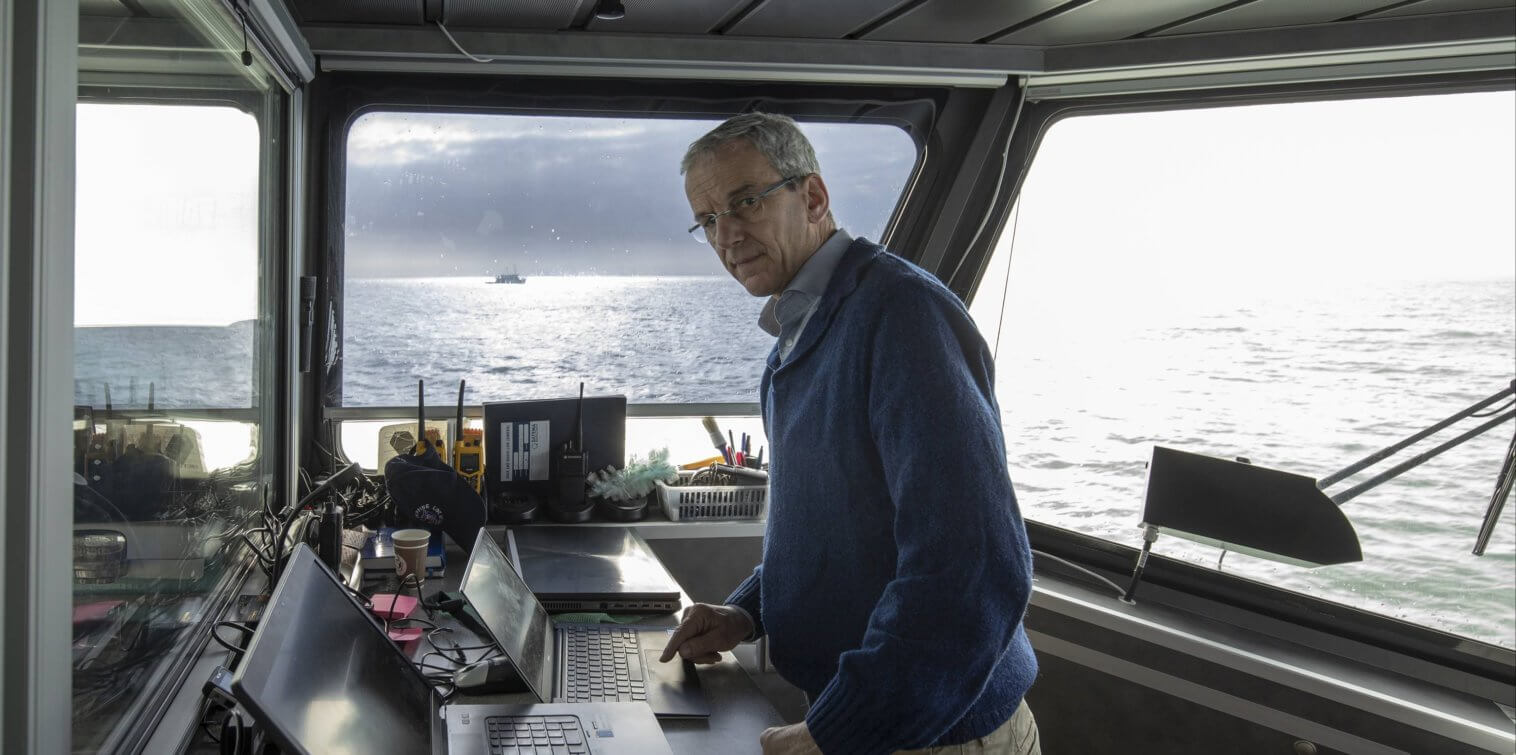Which opportunities arise from this development?
Innovation calls for specialised in-depth technological knowledge and expertise. However rapid developments; in combination with the growing need for 21st century skills; require employees and companies to adapt quickly to new realities. This means that traditional ways of learning and certification are not always sufficient anymore. Hard skills alone are no longer covering all needs. Working in cross-disciplinary teams (between companies) also call for increased soft skill competences.
In order to be successful it is important that the cluster is able to source from a broad talent pool. Therefore a lot of attention is given to creating specified accredited education and training. This is a unique cooperation between the industry and educational institutes. Netherlands Maritime Technology offers a wide variety of professional training opportunities for example. I am certain that this flexible infrastructure aids to the competitiveness of the region and creates opportunities.
How can the network of Rotterdam Maritime Capital of Europe help to capitalise these opportunities?
Even though sustainability might not be top of mind at all times, I believe that the call for a more sustainable society and maritime industry will stay. This means that the demand for innovative solutions will remain as well. In order for the regional maritime cluster to keep it’s competitive edge, it is important that industry players, knowledge institutions and (regional) governments work closely together. Fortunately this is one of our differentiating factors. Next to this it is helpful that (regional) authorities are already focused on boosting sustainable innovations. By creating an infrastructure for various alternative fuels for example. We need to be careful about letting ourselves be downplayed by the current low oil prices. To be able to capitalise on benefits of our unique knowledge and innovation ecosystem we need to create a clear vision on sustainability, digitalisation and blue growth; communicate the value of the maritime cluster in a proactive manner; and remain positive. Personally I believe this is where the Rotterdam Maritime Capital of Europe network proves to be beneficial. It aids to the strength and innovative power of the regional maritime cluster.
